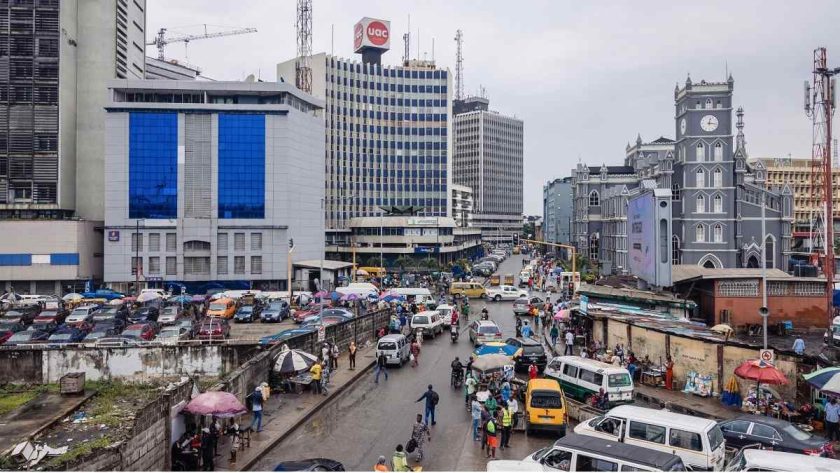Nigeria’s Price Inflation Eases to Weakest Since May 2023 – PMI
With an employment rate reaching a 21-month high, Nigeria’s selling price inflation rate eased to the weakest level since May 2023, according to the Stanbic IBTC purchasing manager index (PMI) report released by S & P Global on Friday.
The PMI stated the start of the third quarter saw a pickup in growth momentum in the Nigerian private sector. Rates of expansion in output and new orders accelerated, leading to a sharp rise in purchasing activity and the fastest increase in employment since October 2023.
Firms were helped to some degree in their efforts to secure new business by a further softening of inflationary pressures, details from the report revealed. In the period, the index discovered that output prices increased at the slowest pace in more than two years.
The headline PMI rose to a three-month high of 54.0 in July, up from 51.6 in June. The reading signalled a solid monthly improvement in the health of the private sector, extending the current sequence of expansion to eight months.
Sharp and accelerated expansions in output and new orders were recorded in July. S&P said in both cases, the increases were the fastest in three months. Panelists reported improving customer demand, in some cases due to softening inflationary pressures.
It was hinted that the launch of new products was also a factor supporting growth. Rising new orders and efforts to speed up the completion of projects encouraged firms to take on extra staff at the fastest pace since October 2023. Extra workforce capacity meant that companies were able to keep backlogs of work broadly stable, following increases in each of the prior three months.
Companies also increased their purchasing activity sharply in response to higher new orders, feeding through to a marked accumulation of inventories. A renewed shortening of suppliers’ delivery times also helped with stock building.
The pace of purchase price inflation eased for the third consecutive month in July and was the weakest since April 2020. Costs for purchases continued to rise sharply, however, linked to currency weakness and higher raw material prices.
In contrast to the picture for purchase prices, the rate of staff cost inflation quickened and hit a five-month high. The latest rise in part reflected increased employment but also efforts to help staff with higher costs, in particular those related to transportation fares.
In line with the picture for purchase costs, the pace of output price inflation eased for the third consecutive month and was the weakest since May 2023. Some firms reportedly took advantage of softer purchase cost pressures to offer discounts in a bid to secure new business. Companies remained optimistic that output will rise over the coming year, but sentiment eased from the near three-year high posted in June.
Those firms that predicted an increase in output linked this to plans to raise capital for business expansions and advertising. #Nigeria’s Price Inflation Eases to Weakest Since May 2023 – PMI Seplat Energy’s Profit Plunges by 45% to $27.4 Million

